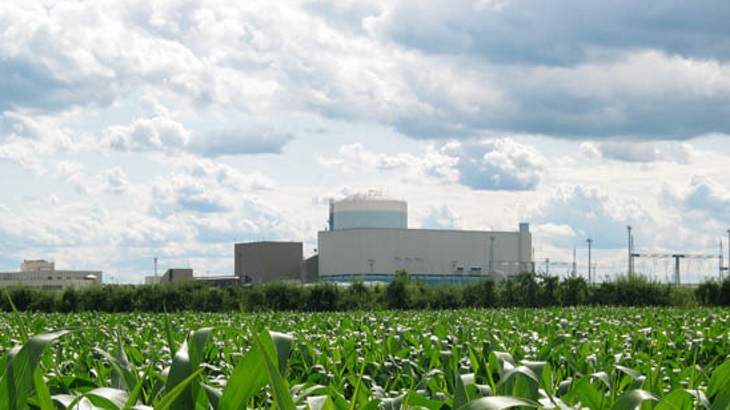The environmental consent issued on Friday is for the extension of the operating life of the nuclear power plant to 2043. The ministry said the assessment, which was prompted by a lawsuit from non-governmental organisations in the country, looked at a wide number of areas including "improvements to ensure safety, reduce the likelihood of environmental accidents, resistance to climate change and external factors, and the impact on water in the light of the warming trend of watercourses in the eastern part of Slovenia were examined. Since the NEK is located in an earthquake zone, an important emphasis was also placed on the topic of earthquake safety".
Minister of Infrastructure Bojan Kumer said: "The use of nuclear energy, especially in light of the current energy crisis, is an important topic for the future generations of our country."
An international working group of around 30 countries - the Convention on Environmental Impact Assessment in Transboundary Context - drew up the instructions for conducting environmental impact assessments to extend the life of the plant and the Slovenian environment ministry said it "was the first in Europe to carry out this demanding process" with others "in progress but not completed".
The ministry said that most of the discussion during the process was about:
- Earthquake safety
- Improvements to ensure security
- Reducing the likelihood of environmental accidents
- Resistance to climate change and external factors
- Impact on water in light of the warming trend of watercourses in the eastern part of Slovenia.
The final environmental approval ran to 300 pages, with more than 50 experts having taken part in the process. The application had been submitted to the ministry in October 2021.
Krško is a Westinghouse pressurised water reactor located on the Sava river. It is unusual in being jointly owned by two countries: Slovenia, where it is located, and Croatia, both of which were parts of the former Yugoslavia when Krško came online in 1981. It supplies as much as 40% of Slovenia's electricity.







_97013.jpg)
_55401.png)






